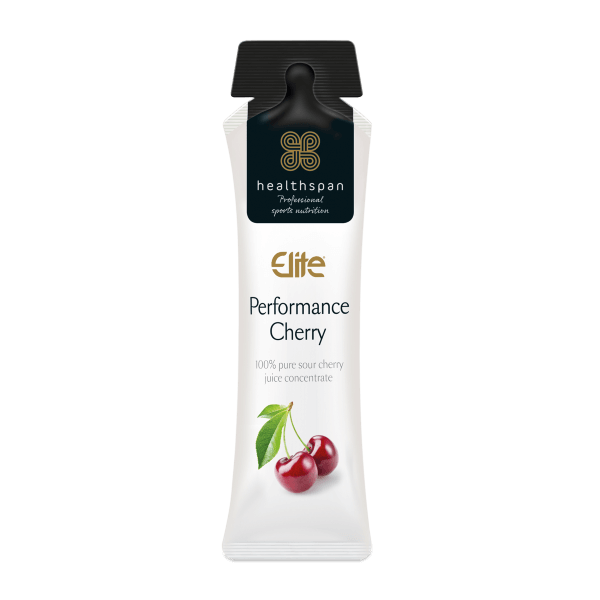It usually won't take much more than an hour to run, and training for it doesn't have to take over your life: it's no surprise that 10k races are popular. Here are Olympic athlete and Healthspan ambassador Iwan Thomas' top 10k training and nutrition tips.
Core 10k race training
The 10k combines two key components of running fitness: speed and endurance. Training for both will boost your health and fitness and give you a solid base for all your running.
A good training mix is two faster sessions and one long run every week, with the optional extra of one to three easy runs or, for more advanced runners, cross-training sessions. Beginners should adapt the intensity of the sessions, so instead of running the hard bits, power-walk.
Here are some great 10k sessions:
Fartlek or speed play
Run 10 x 30 seconds, 60 seconds, or 90 seconds hard with a recovery of the same time. Run between lamp posts if you prefer. Make it harder by opting for a more hilly route.
Pyramid session
400m, 600m, 800m, 1k, 1k, 800m, 600m, 400m. 60-second recoveries between the 400s, 600s and 800s, then 90 seconds between the 1k reps. No measured track? Then opt for 90 seconds to two minutes (400m), two to three minutes, (600m), three to four minutes (800m) and four to five minutes (1k).
Race rehearsal
Try six to 10 minutes running comfortably hard. Recover for three minutes, then run 4 x 1k reps at your goal 10k pace, with 90-second recovery. Recovery jog for three minutes and finish up with 5 x 400m at 5k pace, with the recovery reducing from 60, to 45, 30 and 15 seconds to stimulate the feeling of a fast finish.
Hills
A combination of longer and shorter hill reps every three weeks. Hill training will help to boost your running economy (which refers to the efficiency of your 'engine' when you run) and strength.
Tempo runs
Run for 20 to 60 minutes at a pace that is comfortably hard, between goal 10k pace for shorter runs and goal half-marathon pace for longer sessions.
The long run
This will help you to build your endurance. If you find you're a good sprinter but flag when running longer, pay attention to the long run. You don't need to run fast: a long slow run will help to build your aerobic base. Choose hillier courses for strength.
Fuel a 10k run
What you eat before, during, and after the race is far more relevant for longer-distance runners. We asked nutritionist Rob Hobson for his advice. According to Hobson, "You won't need to go to a pasta party the night before your race, but if you eat a meal that has the same calories as normal but a higher proportion of carbohydrates on your plate, it will help keep your glycogen stores topped up for racing 10k."
Hydration
If it's a very hot day and you sweat a lot, it can help to get a drink containing some electrolytes, such as potassium and sodium. For more advanced athletes, products that contain calcium, magnesium and a boost of caffeine are a good choice.
Although it is important to take fluids on board, Hobson warns that you should avoid consuming unnecessary energy drinks. "As well as warnings from the WHO regarding caffeine overdose and energy drink consumption, taking protein and carb drinks, often laden with sugar, isn't needed to fuel a 10k run. The result will simply be piling in calories and voiding the benefits you gained from doing the run in the first place," he says.
Recovery from 10k
Hobson does recommend taking on board extra nutrients for recovery. "The performance benefits for athletes of cherry extract are well documented, including helping with recovery from delayed onset muscle soreness (DOMS) which is likely to occur if you're an elite who's pushed hard in a 10k or a beginner taking on the distance for the first time." Elite Performance Cherry can help.
"Magnesium is also great for recovery," suggests Hobson. "A magnesium bath after the race will really help with recovery. The salts absorb through the skin and can help prevent DOMS, as well as aid your sleep."

Elite Performance Cherry
100% pure sour cherry juice concentrate
- Contains approx. 100 whole cherries per sachet
- Naturally high levels of anthocyanins and flavonoids
- Commonly used by professional athletes to aid recovery










